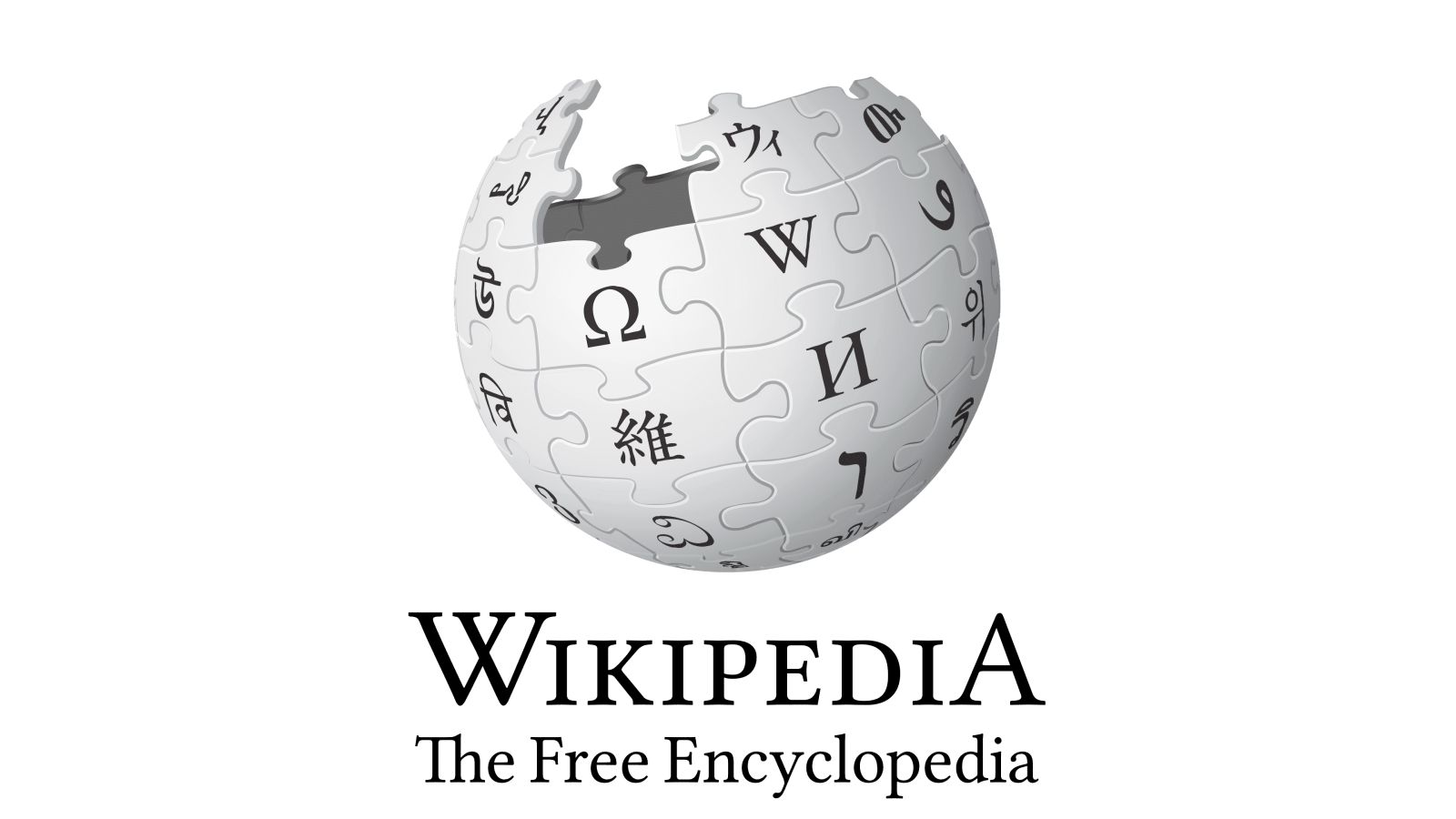Introduction
Wikipedia, often celebrated as one of the last genuine websites on an increasingly AI-saturated internet, is experiencing a significant traffic decline. According to a recent report from the Wikimedia Foundation, the encyclopedia has recorded an 8% year-over-year decline in human page views, reflecting broader shifts in how people search for and consume information online.
The Problem: Wikipedia Traffic Decline
Marshall Miller of the Wikimedia Foundation revealed that Wikipedia's traffic drop manifested over recent months, with more accurate data emerging following an update to bot-detection systems. Analysis showed that unusually high traffic during May and June was partly attributable to bots designed to evade detection filters, masking the true extent of the decline.
Three Primary Causes
Wikipedia's traffic decline stems from three interconnected factors: the impact of generative AI in search engines, user migration toward social video platforms, and generational shifts in information-seeking behavior.
- AI-powered search engines: Google and other search platforms increasingly use AI to deliver direct answers to users, eliminating the need to visit external sites like Wikipedia
- Social video platforms: younger generations prefer seeking information on TikTok, Instagram, and YouTube rather than browsing the open web
- Changing search behavior: the traditional model of web search and site visits is giving way to new content consumption patterns
Generative AI's Impact on Online Search
Generative AI presents a particular challenge for Wikipedia. Modern search engines leverage AI technology to synthesize answers directly on search results pages, providing users with immediate information without requiring clicks to external sites. While Google has disputed claims that AI summaries reduce traffic to websites, the Wikimedia Foundation clearly observes a correlation with the documented decline.
"With fewer visits to Wikipedia, fewer volunteers may grow and enrich the content, and fewer individual donors may support this work."
Marshall Miller, Wikimedia Foundation
Social Media and Younger Generations
A parallel phenomenon involves younger generations' preference for social video platforms. TikTok, Instagram Reels, and YouTube represent new channels through which people seek information, from entertainment to education. This behavioral shift means Wikipedia competes not only with other websites but with the entire social media ecosystem.
Risks to Wikipedia's Sustainability
Miller highlights a critical risk: as visitor numbers decline, the number of volunteers contributing to Wikipedia's content creation may also decrease. Fewer visits translate to reduced public awareness and potentially fewer individual donations necessary to sustain the platform.
An even more troubling concern involves source transparency. With fewer people visiting Wikipedia directly, the risk grows that users remain unaware of where the information they consume actually originates. When AI summaries or social posts contain data sourced from Wikipedia, end users often don't realize it.
How Wikipedia is Responding
The Wikimedia Foundation is not passive in facing this challenge. The organization is developing a new framework for attributing content originating from the encyclopedia, ensuring proper credit reaches Wikipedia when third parties use its articles.
Additionally, the organization has established two dedicated teams tasked with reaching new readers. Wikipedia is actively recruiting volunteers to support these initiatives and platform development.
The Failed AI Summary Experiment
Notably, Wikipedia experimented with generating AI-powered summaries of its own articles. However, it paused the project after community editors expressed concerns about quality and appropriateness.
What Tech Companies Should Do
Miller directs a clear appeal to companies using Wikipedia's content: "AI, search, and social companies using content from Wikipedia must encourage more visitors" to the site. This means implementing clear attribution, backlinks to Wikipedia, and educating users about visiting the original source.
The Role of Readers and Community
Miller doesn't place responsibility solely on tech companies. He also urges readers to play an active role in preserving verified knowledge:
- Search for citations when reading online and click through to original sources
- Discuss with others the importance of human-curated, verified knowledge
- Actively support content integrity and content creation efforts
- Understand that creators of content underlying AI systems deserve public support
Conclusion
Wikipedia's 8% traffic decline reflects broader trends transforming how people search for and consume information online. Artificial intelligence and social media present both challenges and opportunities. While Wikipedia has maintained its role as a trusted encyclopedia, the challenge now lies in ensuring that this value isn't lost during the transition to new search and content-consumption models.
Solutions require collective effort: tech companies must increase transparency and attribution, users must research original sources, and Wikipedia's community must continue evolving to remain relevant in a rapidly changing information landscape.
FAQ
What is causing the decline in Wikipedia traffic?
Wikipedia traffic has declined 8% primarily due to generative AI in search engines providing direct answers without redirecting users to the site, and younger users migrating to social video platforms like TikTok and YouTube.
How is AI affecting Wikipedia's traffic?
Modern search engines use AI to synthesize instant answers on search results pages, eliminating the need to click toward sites like Wikipedia. This reduces direct visits despite Wikipedia remaining the informational foundation.
Why does it matter that content comes from Wikipedia?
Knowing information originates from Wikipedia ensures source transparency, encourages support for verified content, and enables readers to access complete citations and broader context.
